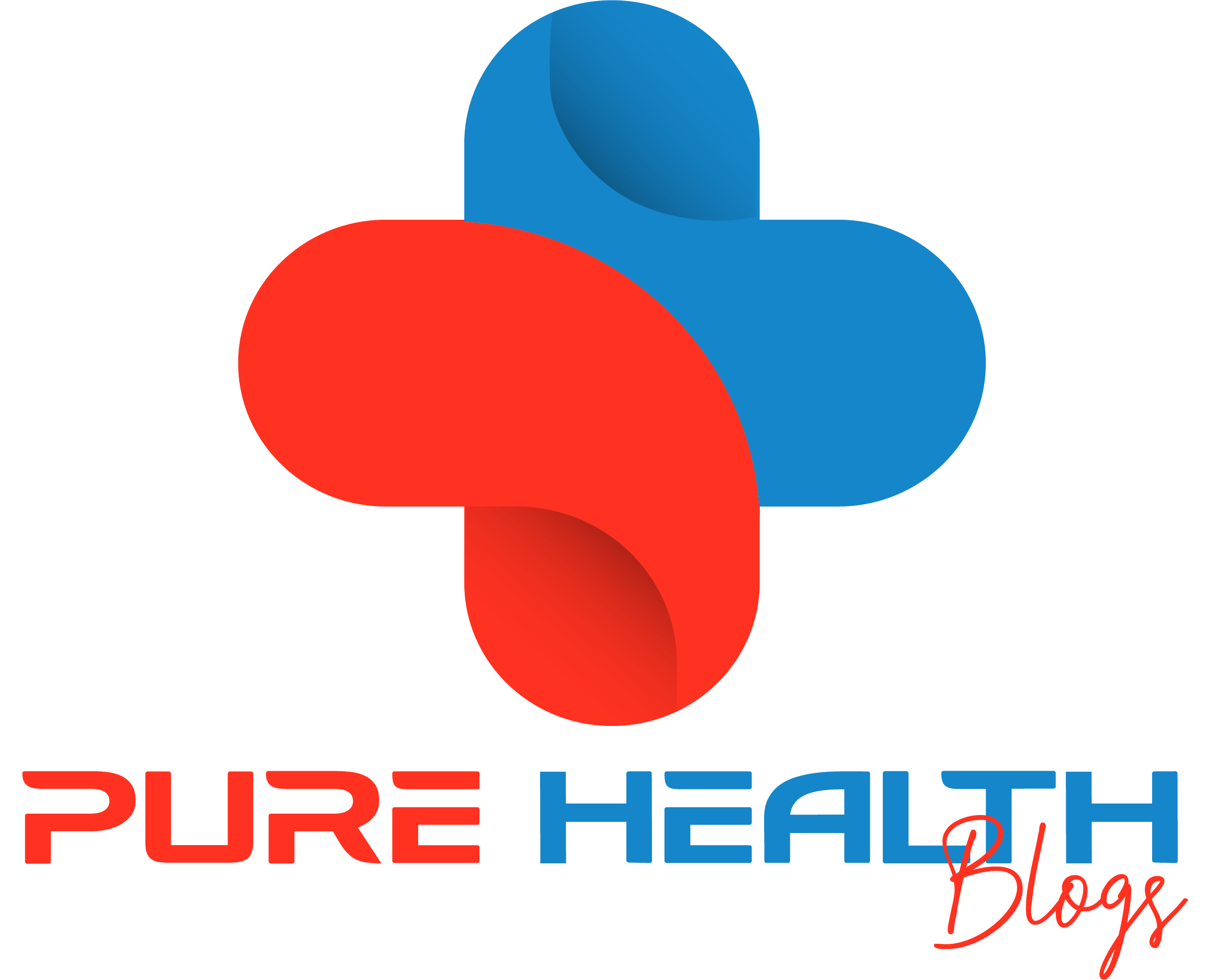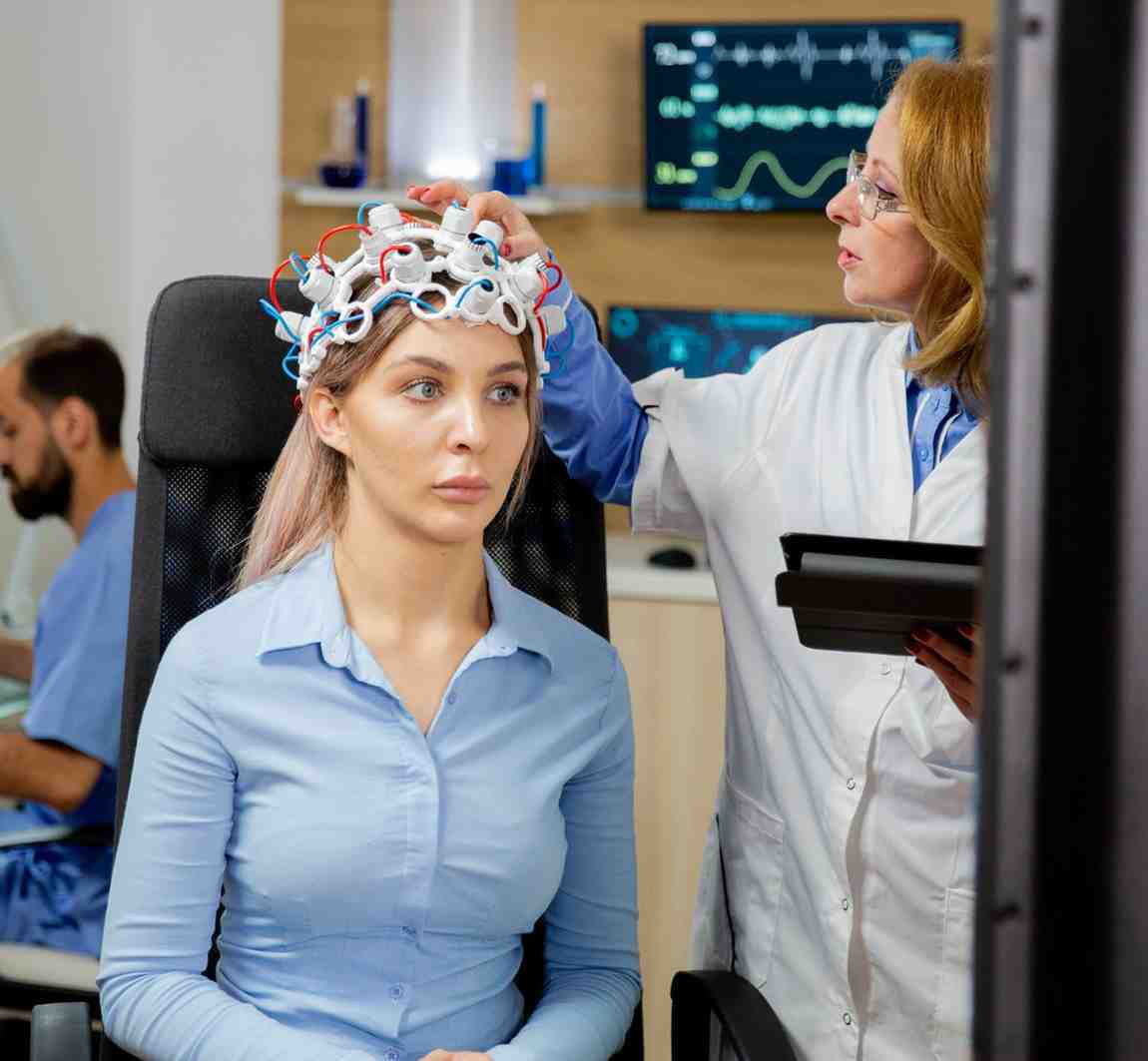Did you know that millions of people are impacted by cognitive disorders such as frontotemporal dementia, Alzheimer and ADHD? The neuropsychological kind of testing will prove a formidable resource of diagnosing these situations and offering vital explanatory knowledge on how the brain works. Neuropsychological testing is a holistic method of determining brain functions, the state of the brain, and how it can take part in different activities. The main focus of these tests is assessment of memory, attention, language, executive functions and problem-solving. Such testing plays a critical role in the diagnosis of cognitive disorders, brain injury, and neurological disorders that include Alzheimer disease, epilepsy, and traumatic brain injury (TBI).
The presence of cognitive disorders such as all stages of dementia and ADHD has increased significantly which created a high need in neuropsychological testing, to allow accurate diagnosis and effective treatment measures. These tests can be useful in concluding the diagnosis of such conditions but also give a lot of useful information on how the brain of a person works, which will serve as guiding factors in treatment and rehabilitation.
This guide will discuss the key areas of neuropsychological testing, its purpose, assessed cognitive functions, type of tests and steps involved in the process. However, by the final moments, you should reasonably know everything about the neuropsychological testing tools, their values in clinical practices and their interpretation.
What Neuropsychological Testing Actually Measures
Core Cognitive Domains Assessed
The assessment of neuropsychological tests determines various cognitive regions, which are vital in determining the brain functions. Neuropsychological testing spans a wide variety of areas with emphasis on the following areas in thought:
1. Memory Function and Retention Capabilities
Neuropsychological testing measures one of the most vital processes, memory. These tests examine short term and long-term memory and capacity to recall events or information that occurred in the past. Particular tests might encompass the remembering of a collection of words or the recognition of things used in a memory.
2. Attention and Concentration Abilities
Attention means this aptitude of the brain to concentrate on certain activities. They are attention and concentration which are basic cognitive skills in everyday life. The tests can consist of long attention tasks or transition between various tasks in order to test the cognitive flexibility.
3. Executive Functioning and Decision-Making Skills
Executive functions refer to organic activities that enable us to plan, make decisions and solve problems as well as manage our behaviors.These are higher-order thinking skills which are synonymous to the goal-directed behavior. Some of the things involved in exams in this area of expertise could involve tests that evaluate planning, organization, judgment, and restraint of impulse.
4. Language Processing and Communication
5. Visual-Spatial Processing
Visual-spatial processing is a skill that helps one to interpret visual data concerning the world around. Neuropsychological tests used to screen this area can be of the form whereby the patient is required to copy some shapes or even move through a set of pictures.
6. Processing Speed and Reaction Time
Processing speed is the speed at which an individual can take up cognitive activities. The reaction time plays a very important role in determining the speed at which an individual can react to stimulus or information which can change due to neurological conditions.
Scientific Foundation
The neuropsychological testing is strongly informed by the knowledge of the architecture and the dynamics of the brain. Thinking is connected to the processes of the particular parts of the brain. A wide range of tests undertaken by neuropsychologists evaluate the impairment, and thus can determine the probable affected areas of the brain since the pathway has causative neurological pathologies or injuries in examining performance.
But studies have revealed that certain areas of the brain are associated with certain forms of cognitive defects. To give an example, solving of memory problems usually points to a damaged hippocamps whereas difficulties with attention might be associated with the prefrontal cortex. It is on this connection between the brain structure and the cognitive functioning that neuropsychological testing is based.
Comprehensive Overview of Neuropsychological Test Types
Neuropsychological testing includes a diverse range of tests, which aim at testing a wide array of cognitive processes. Some of the tests may be categorised into several tests that may be separated in basis of the functions that could be assessed.
Memory Assessment Tools
There is no doubt that memory is one of the common tests of cognitive abilities. The most common of them are:
1. Wechsler Memory Scale (WMS IV)
The WMS IV is one of the commonly applied examinations of the memory functioning. It assesses the memory (verbal and visual) in many contexts such as short-term memory, working memory and long-term memory.
2. California Verbal Learning Test
Verbal memory, learning and functioning is what this test assesses. It is defined as the ability to recall a list of words across a number of tests and how well an individual’s memory for recalling information is.
3. Rey-Osterrieth Complex Figure Test
This visual memory test is to draw a complex geometric figure and copy it and then from memory drawer. It tests the visual memory and the space skill.
Attention and Executive Function Tests
To determine the extent to which an individual could control his thoughts, actions and feelings; attention and executive function testing is very necessary.
1. Wisconsin Card Sorting Test
This exam determines the ability to make decisions and cognitive flexibility. The subjects will have to arrange cards according to altering rules, which will help them to understand their flexibility to implement new tactics.
2. Trail Making Test A & B
In this test, processing, visual attention and cognitive flexibility are tested. The circular brain teaser that requires a participant to join sequentially numbered circles is part A, whereas part B requests them to alternate between a number and a letter.
3. Stroop Color-Word Test
This test is used to test the inhibition of automatic response. The participants see the words of colors written on paper in another color, and they have to say the color of the ink, but not of the word.
Intelligence and Achievement Measures
Intelligence tests are used to measure general cognitive skills whereas achievement tests are used to measure the academic skills. Some of the common tests that are to be done are:
1. Wechsler Adult Intelligence Scale (WAIS-IV)
The WAIS-IV is used to assess the overall intellectual functioning, which is considered in terms of verbal comprehension, perceptual reasoning, working memory.
2. Wide Range Achievement Test
The test determines the academic skills of a person in reading, spelling and arithmetic and is frequently applied to determine learning disabilities.
3. Woodcock-Johnson Tests of Cognitive Abilities
This broad based battery assesses both the multiple dimensions of intelligence as well as multiple levels of intelligence, including reasoning, memory, processing speed.
Specialized Assessment Batteries
Detailed reviews of such batteries of assessments are done:
1. Halstead-Reitan Neuropsychological Battery
A combination of tests that measure broadly-based cognitive ability, that is, memory, attention, and problem-solving.
2. Luria-Nebraska Neuropsychological Battery
This is another thorough battery test that is commonly applied in the process of determining many different cognitive activities in the assessment of neurological disorders such as sensory-motor abilities and language
Step-by-Step Guide to the Neuropsychological Testing Process
Pre-Testing Phase
The first stage of the testing process is the initial consultation during which the neuropsychologist takes a medical history and examines symptoms. A proper assessment is done to determine what the patient is concerned about and what particular tests one should perform.
Testing Session Structure
The testing of neuropsychology normally takes one to four hours. The test environment is well controlled such that there are no distractions and comfort level is adjusted.
During the Assessment
The evaluation will include several different activities, which will include verbal, visual and problem-solving activities. The neuropsychologist should engage the patient and monitor his or her behavior and will record his or her reactions.
Post-Testing Activities
Who Needs Neuropsychological Testing
Medical Conditions Requiring Testing
Such changes in cognition would also require neuropsychological testing and the same reason can be applied to several medical conditions such as:
- Traumatic Brain Injury (TBI)
- Dementia and Alzheimer’s Disease
- Stroke
- Epilepsy
- Multiple Sclerosis
Mental Health Applications
Neuropsychological testing is also applicable in mental health conditions such as ADHD, learning disabilities and autistic spectrum disorders to measure the cognitive capacity.
Legal and Educational Contexts
The neuropsychological testing has been integrated in the legal environment in the context of disability, forensic and settlement of claim in the context of workers compensation. It finds its use in education in creation of accommodations to learners having impaired cognitive functions.
Why Neuropsychological Testing Is Essential for Accurate Diagnosis
Diagnostic Clarity
Neuropsychological assessment helps establish the diagnosis of different cognitive conditions. It aids distinguish among like conditions and monitors the mental changes if the time.
Treatment Planning Benefits
The results of neuropsychological testing have no value attached to them in setting rehabilitation programs and aims in medication of treatment to ensure that treatment strategies are formulated in respecting to the cognitive needs of the patient.
Functional Outcome Prediction
The test outcomes can also reveal the ability of the patient to carry out day to day activities like working, driving and living alone among other things. This is necessary in the planning of long-term care.
Understanding Your Neuropsychological Test Results
Score Interpretation Framework
The scores are usually given out as normed scores that are age-factored and education-factored. These points assist in determination of cognitive weaknesses and strengths.
Clinical Significance
The neuropsychologist will evaluate scores on symptoms and clinical history of the person, thus, making the neuropsychologist determine whether the issues witnessed are characteristic of one cognitive disorder or not.
Report Components
A full neuropsychological report will entail executive summary report, domain-by-domain findings and impressions and diagnosis. Recommendations on the next actions will also be given in the report.
Important Limitations of Neuropsychological Testing
Testing Constraints
The neuropsychological test results might not be an ideal picture of how an individual functions intellectually in the real-life environment. Issues like test anxiety, motivation, time constraints among other factors may as well affect the performance.
External Factors
The results of the tests might be affected by medications, fatigue and mood. The patient and neuropsychologist need to consider such factors in order to interpret the results.
Finding the Right Professional for Neuropsychological Testing
Key Credentials and Qualifications
The important thing to consider when selecting a neuropsychologist is that they should be board certified in clinical neuropsychology and of course with the expertise and experience. An astute neuropsychologist will possess the expertise of utilizing and analyzing complicated memory tests.
Moving Forward with Neuropsychological Testing
Neuropsychological testing is a vital process of identifying causes of cognitive disorders and developing successful treatment regimes. In case you or a member of your surrounding society is facing any type of cognitive challenges, you should seek the advice of a qualified neuropsychologist so that they can get to know what the condition of the brain is and how they can work towards improving the situation.
The regulatory strategy that helps you make personal decisions about healthcare and interventions is to understand the procedure of testing and its relevance. Polk, talk to a professional and get a consultation in case you want to participate in the neuropsychological testing or maybe have more questions regarding the topic.
Call-to-Action (CTA) – Want to know more about doing neuropsychological testing?
Want to know more about doing neuropsychological testing? Make your reservation today and begin to make the first step in knowing about brain health.











